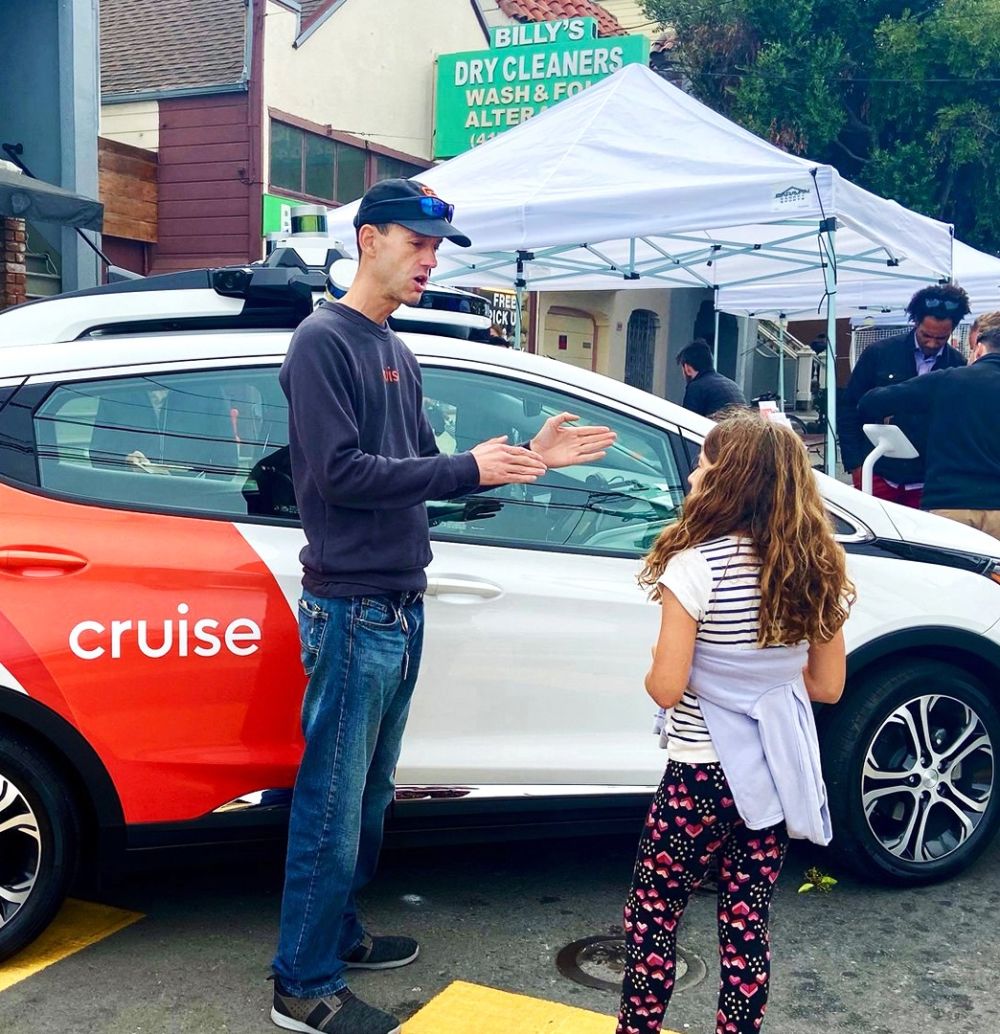Bengaluru, NFAPost: Microsoft has finalised its partnership with driverless car startup Cruise (GM subsidiary) as part of the two-billion dollar equity fund deal with key investors including Honda and GM.
The self-driving car market has witnessed rising competition in recent years with tech majors like Google and Microsoft entering the fray at a time when AI and machine learning research work is at its peak.
Although the initial hype of 2018 has died down, Google’s ongoing efforts in partnership with its sister firm Waymo give us some hope for optimism. The ensuing Covid-19 pandemic has somewhat pushed back the launch of commercially licensed self-driving cars for unrestricted use on roads.
Meanwhile, the signing of an investor partnership deal from Microsoft, Honda and GM has allowed Cruise to reach a market evaluation of about $30bn while also ensuring that the GM stocks went up by nearly seven percent.
“Our mission to bring safer, better, and more affordable transportation to everyone isn’t just a tech race – it’s also a trust race,” said Cruise CEO Dan Ammann. “Microsoft, as the gold standard in the trustworthy democratization of technology, will be a force multiplier for us as we commercialize our fleet of self-driving, all-electric, shared vehicles.”
According to a Reuters report, Microsoft CEO Satya Nadella has recently confirmed the company’s plans to offer Cloud services for Cruise:
As Cruise and GM’s preferred cloud, we will apply the power of Azure to help them scale and make autonomous transportation mainstream.
Microsoft has made rapid strides with the acquisition of US government’s Project Jedi contract along with GitHub. Furthermore, the company has recently grabbed a $2 billion contract with OpenAI to boost its cloud services profile.
Meanwhile, the self-driving market leader, Tesla has been desperately attempting to launch its driverless vehicles without the use of LIDAR or similar systems in order to evade the technical problems with self-driving AI. Cruise, Waymo and a few others have also continued their efforts to create more robust systems to circumvent the AI challenges.





